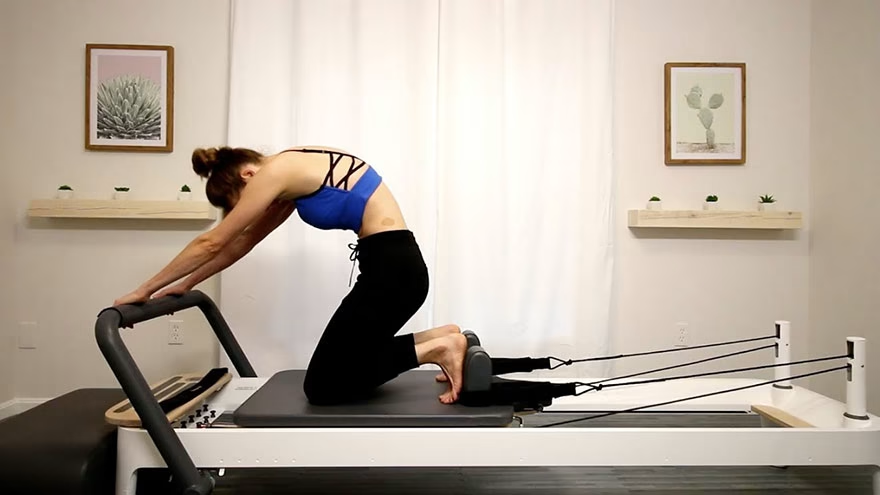
Oxygen Intake And Heart Rate
It's nearly impossible for the average person to measure their precise oxygen intake following a workout, but the easiest way to get a general idea of how much oxygen is being taken in is to measure your heart rate. The faster your heart beats, the more oxygen you'll take in through aerobic respiration. When you exceed your aerobic capacity through high-intensity exercise, your breathing rate increases to pay back the oxygen deficit you incur.
Heart Rate Recovery
Following exercise, your heart rate will remain elevated as your body recovers. Generally, your heart rate and oxygen intake will return to resting levels after just a few minutes following a workout. In a long-term study published by "The New England Journal of Medicine" in 1999, researchers found that the average person's heart rate decreased from the elevated exercise rate by 20 beats per minute following a workout before returning to base.This coincides with a lower rate of respiration.
Aerobic Vs. Anaerobic Training
During aerobic training, which is also known as steady-state cardio, your heart rate will generally level off; you'll be able to take in enough oxygen to keep you going for an extended period of time.Still, your heart rate will remain elevated following a workout as you recover from the moderate increase in oxygen intake. Rapid breathing will be even more pronounced following more intense anaerobic exercise, as you'll have to pay back a significant oxygen debt due to the energy you expended.
Adaptations
The more you train your cardiovascular system, the lower your resting heart rate will be and the shorter your period of excess post-exercise oxygen consumption will be. The human body adapts to frequent training by increasing heart strength, stroke volume and oxygen content within the blood, making you a more efficient oxygen-processing machine over time.
You Might Also Like :: Does Dark Chocolate Help Recovery From Workouts?
Save for later
Found this helpful?
Pin this article to your Pinterest board and come back to it whenever you need a reminder.
Save to Pinterest


